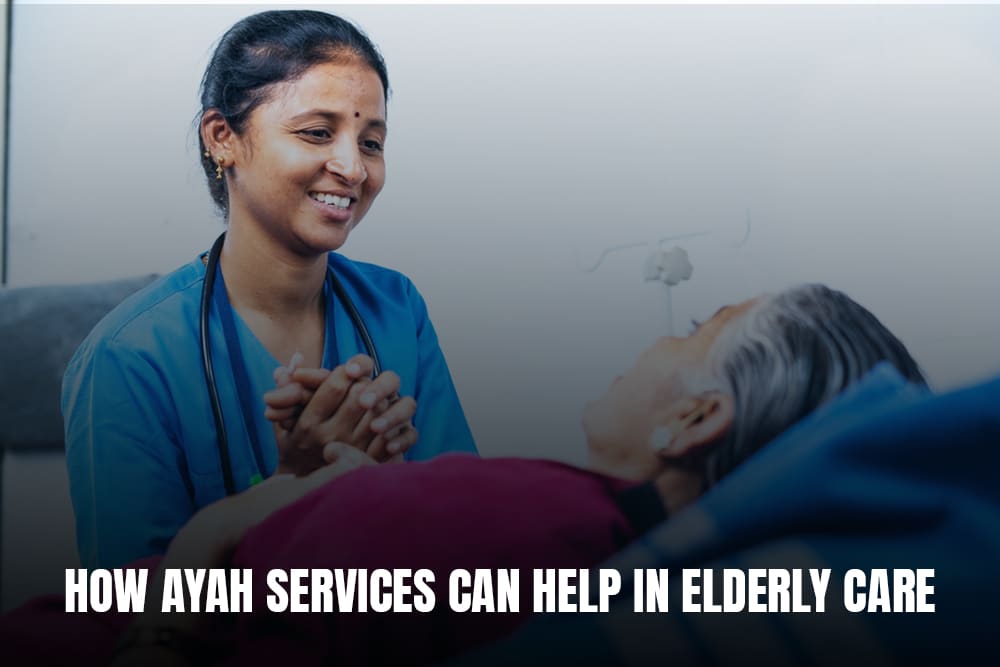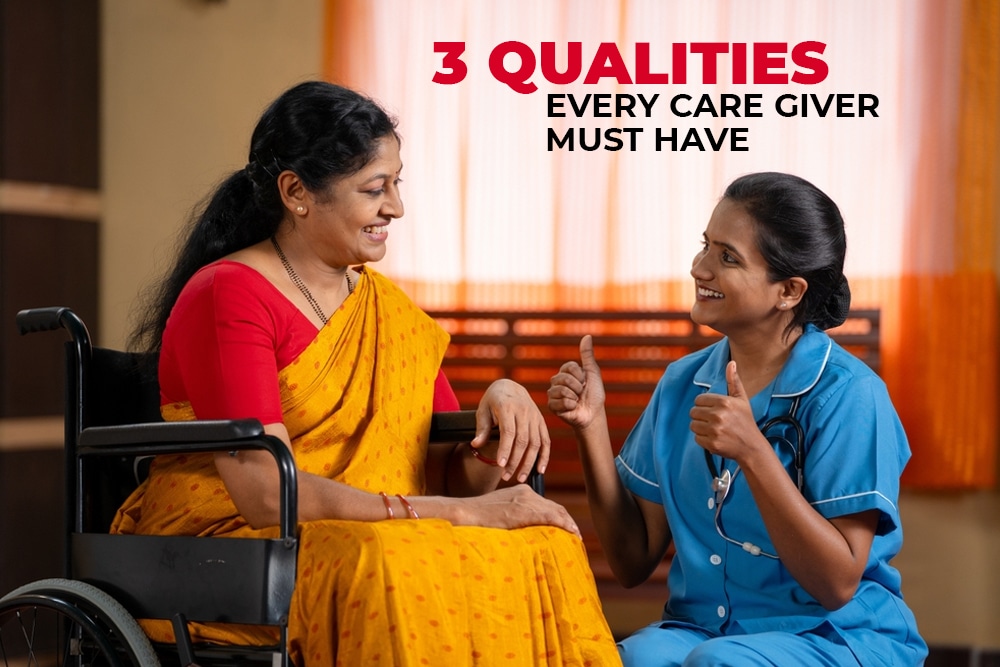As our loved ones age, they often require extra care and attention. This can be a challenging time for families, especially when balancing work, children, and other responsibilities. An Ayah, a professional caregiver, can be a tremendous help in providing the support and care that elderly family members need. In this article, we’ll explore how Ayah services can make a significant difference in elderly care.
What is an Ayah?
An Ayah is a trained caregiver who provides assistance to individuals who need help with daily activities. This term is commonly used in South Asia and refers to someone who is compassionate and skilled in offering personal care. Ayahs are known for their dedication and commitment to the well-being of their patients.
Personal Care and Hygiene
One of the primary roles of an Ayah is to assist with personal care and hygiene. As people age, they may struggle with tasks that were once easy for them. An Ayah can help with:
- Bathing and Dressing: Ensuring that the elderly are clean and dressed appropriately for the weather and occasion.
- Toileting Assistance: Helping with bathroom needs and maintaining hygiene to prevent infections and discomfort.
- Grooming: Assisting with brushing hair, shaving, and other grooming activities.
Medication Management
Managing medications can be confusing and stressful for elderly individuals, especially if they are taking multiple prescriptions. An Ayah can help by:
- Reminding and Administering Medication: Ensuring that the right medications are taken at the right times.
- Monitoring Side Effects: Keeping an eye on any adverse reactions and reporting them to family members or healthcare providers.
Mobility Assistance
Many elderly individuals have difficulty moving around due to mobility issues. An Ayah can provide:
- Support with Walking: Helping with walking, whether inside the house or outside for some fresh air and exercise.
- Transferring Assistance: Assisting in moving from bed to chair, or chair to car, reducing the risk of falls and injuries.
- Wheelchair Assistance: Operating wheelchairs and ensuring safe transportation.
Companionship
Loneliness can be a significant issue for the elderly, especially if they live alone. An Ayah offers companionship, which can:
- Reduce Feelings of Isolation: Providing someone to talk to and spend time with.
- Engage in Activities: Participating in hobbies, playing games, or just having a conversation.
- Emotional Support: Offering a listening ear and a comforting presence.
Household Tasks
An Ayah can also help with light household tasks to ensure a clean and safe living environment. This includes:
- Meal Preparation: Cooking nutritious meals that cater to dietary needs.
- Cleaning: Keeping living spaces tidy and hygienic.
- Laundry: Washing, drying, and folding clothes.
Health Monitoring
Regular monitoring of health is crucial for the elderly. An Ayah can assist by:
- Checking Vital Signs: Monitoring blood pressure, pulse, and temperature.
- Reporting Health Changes: Notifying family members or healthcare providers of any changes in health status.
- Accompanying to Appointments: Assisting with transportation to and from medical appointments.
Peace of Mind for Families
One of the most significant benefits of hiring an Ayah is the peace of mind it provides to families. Knowing that a loved one is receiving professional, compassionate care allows family members to focus on their own responsibilities and well-being. It also ensures that the elderly receive consistent, attentive care tailored to their needs.
Conclusion
Ayah services play a vital role in elderly care, providing essential support in personal care, medication management, mobility, companionship, household tasks, and health monitoring. They offer invaluable assistance that helps improve the quality of life for elderly individuals and their families.
If you are looking for professional Ayah services, consider visiting Shree Swami Samarth Patients Seva. Our dedicated caregivers are committed to providing the highest quality care and support for your loved ones.






